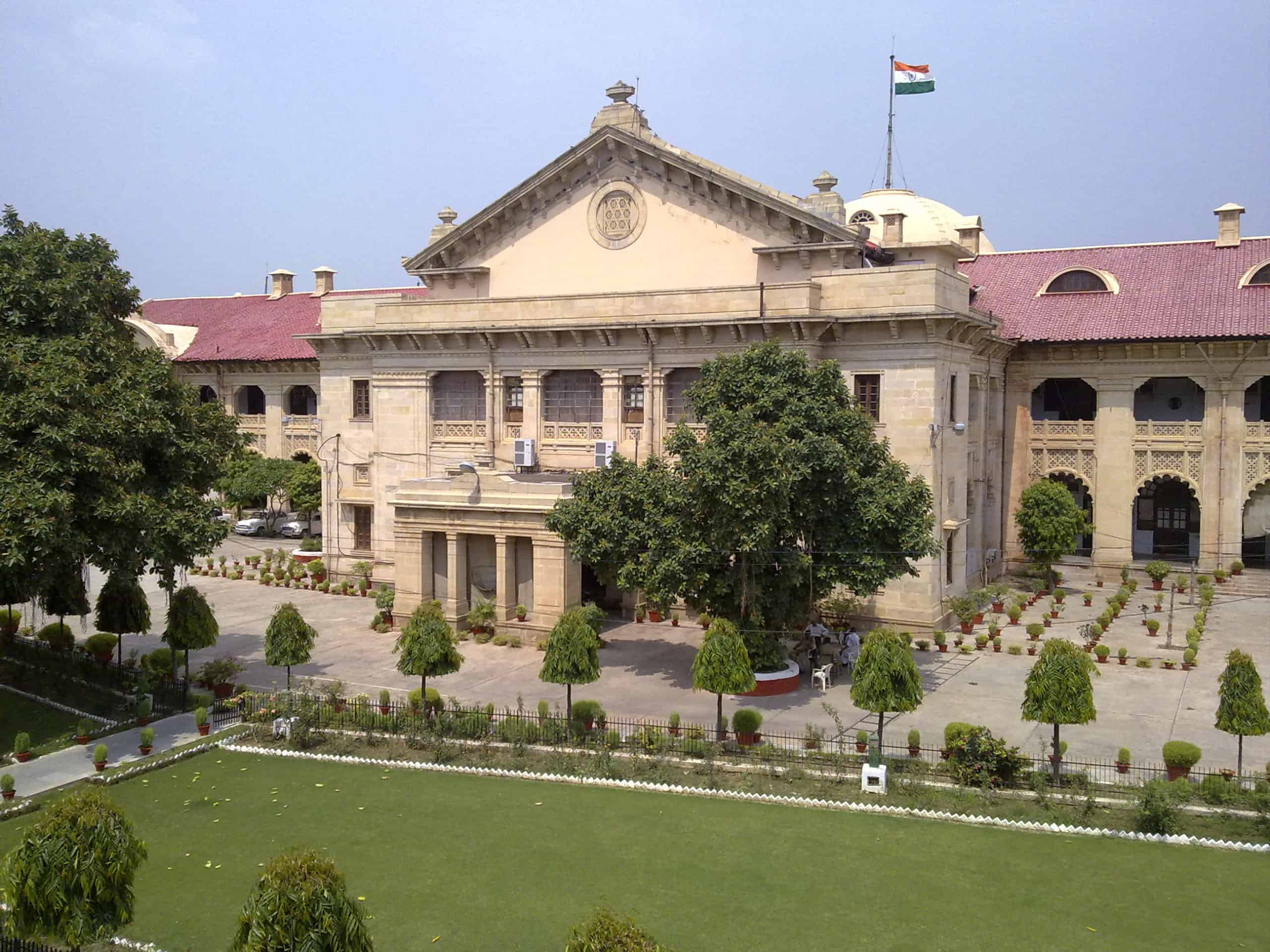The Supreme Court held on Wednesday that the nature and standard of evidence in a chargesheet filed by the investigating agency should be such that if the evidence is proved, the offence should stand established [Sharif Ahmed and anr vs State of Uttar Pradesh and anr].
A Bench of Justices Sanjiv Khanna and SVN Bhatti further explained that a complete chargesheet should be such that the trial can proceed without prejudicing either the accused or the prosecution.
“The nature and standard of evidence to be elucidated in a chargesheet should prima facie show that an offence is established if the material and evidence is proven. The chargesheet is complete where a case is not exclusively dependent on further evidence. The trial can proceed on the basis of evidence and material placed on record with the chargesheet. This standard is not overly technical or fool-proof, but a pragmatic balance to protect the innocent from harassment due to delay as well as prolonged incarceration, and yet not curtail the right of the prosecution to forward further evidence in support of the charges,” the Court said.
The Bench added that the chargesheet must have clear and complete entries in all columns so that courts can clearly understand which crime has been committed by which accused.
“Statements under Section 161 of the Code and related documents have to be enclosed with the list of witnesses. The role played by the accused in the crime should be separately and clearly mentioned in the chargesheet, for each of the accused persons,” the Court further ruled.
Justice Sanjiv Khanna and Justice SVN Bhatti
The observations came while disposing of appeals arising out of cases filed by multiple parties over a contested property in Delhi.
The criminal complaints lodged in Uttar Pradesh involved allegations of cheating, breach of trust and criminal conspiracy. The Allahabad High Court had refused to quash the first information reports (FIRs) and Magistraterial summons in the matter.
The top court eventually allowed the appeals filed by the sons of the deceased man whose property was being fought over.
The other accused were granted the liberty to apply for pre-arrest bail, with the summons order issued against them remanded to the Magistrate for a fresh decision.
Source Link


